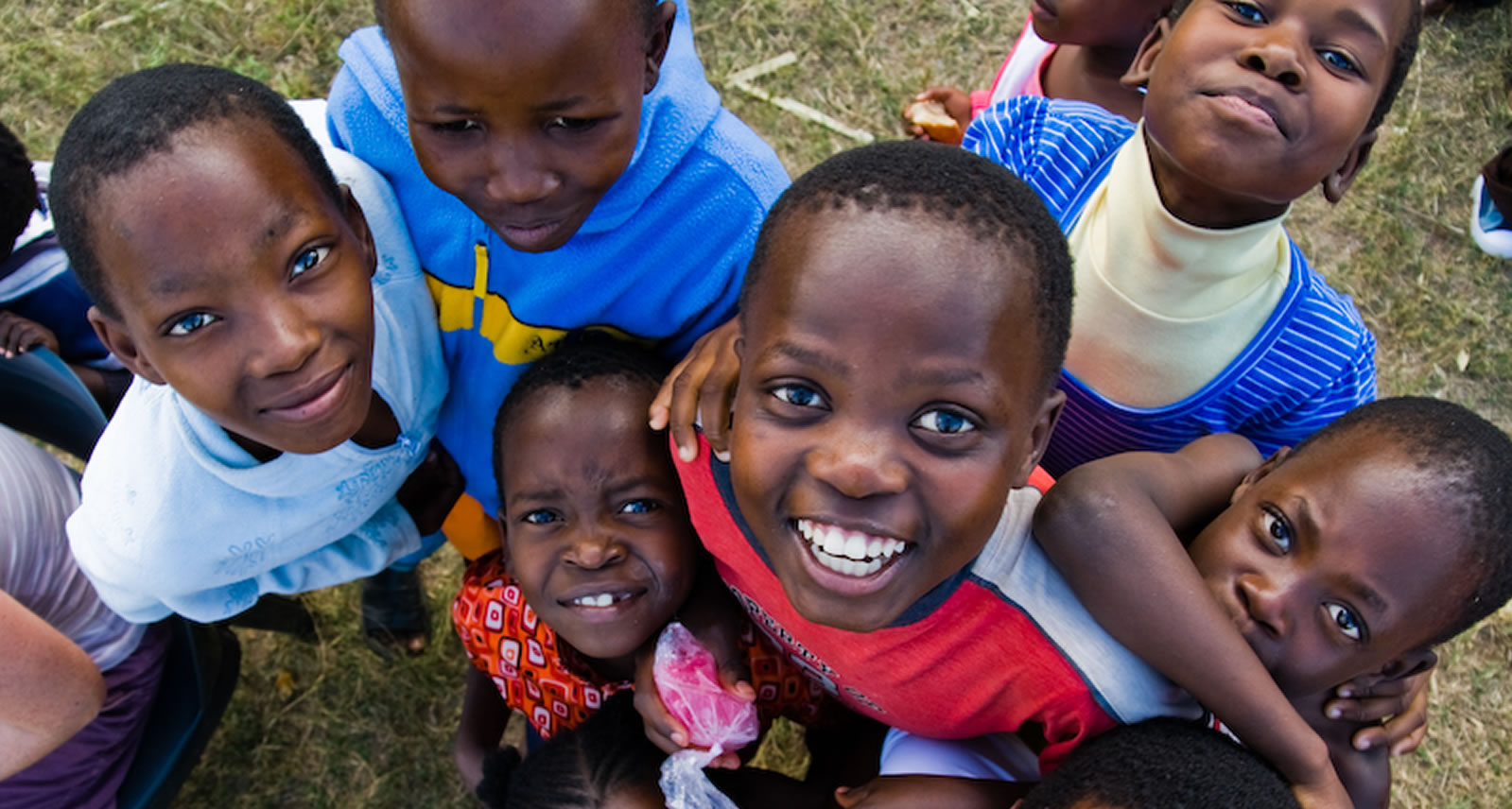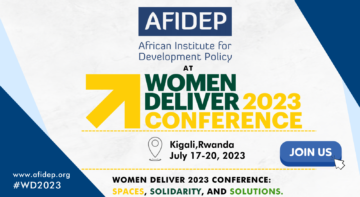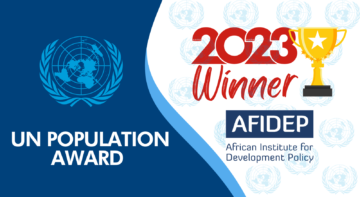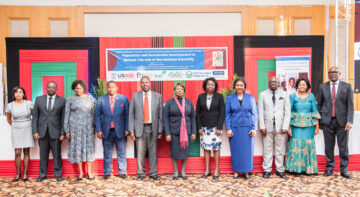News

The African Institute for Development Policy is currently holding a workshop in eSwatini (formerly Swaziland) which runs from 25th to 27th October 2016. The aim of the workshop is to assess the country’s prospects for harnessing the demographic dividend. The workshop, which focuses on use of National Transfer Accounts (NTA) modelling, also seeks to demonstrate priority policy and programme options that eSwatini should adopt in order to optimise its prospects to harness a demographic dividend and to align this with its development aspirations.
The workshop which is being held at Pigg’s Peak, eSwatini, was officially opened by the Acting Principal Secretary Ministry of Economic Planning and Development. AFIDEP is represented by Dr Grace Kumchulesi (Knowledge Translation Scientist), Dr Bernard Onyango (Knowledge Translation Scientist) and Ms Eunice Mueni (Knowledge Translation Officer). The University of Cape Town represented by Dr Morne Oosthuizen and Dr Safia Khan, both of whom will lead the NTA modelling methodology. Participants are drawn from the National Statistical Office, Ministry of Health, Ministry of Education, Ministry of Labour, Ministry of Agriculture, and UNFPA.
The eSwatini demographic dividend study is one of the four-country studies funded by UNFPA ESARO, with contributions from the eSwatini Government. The findings from this study will not only be presented during the African Union (AU) Summit in 2017 but also culminate in the development of national demographic dividend roadmap that will guide the implementation of demographic dividend activities in eSwatini. Similar studies are being conducted in Namibia, Botswana, and Zimbabwe.
Related Posts





